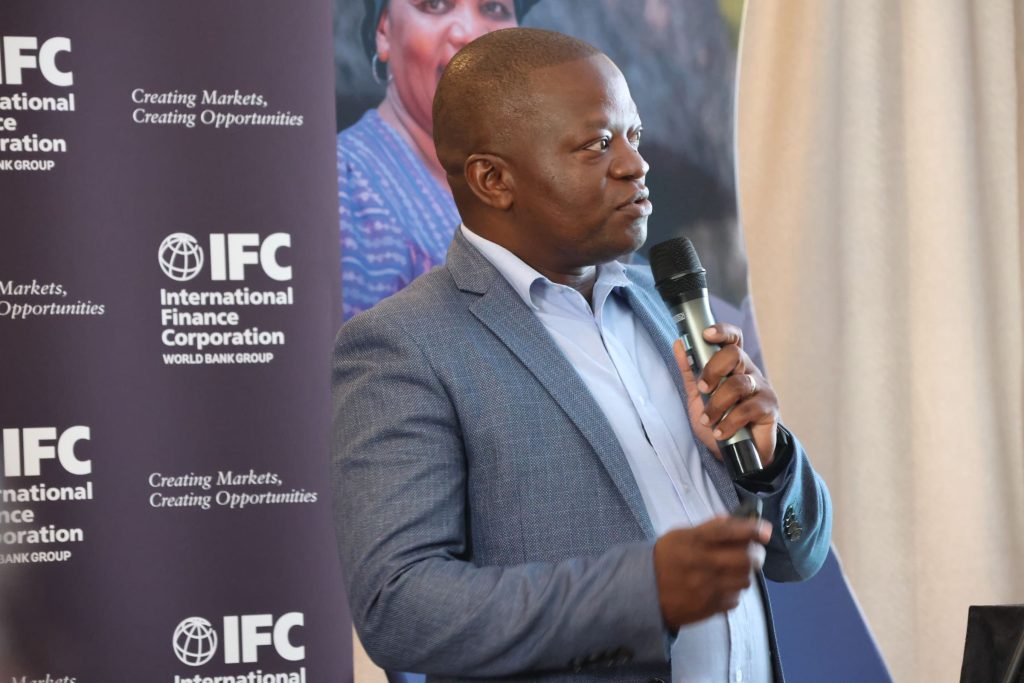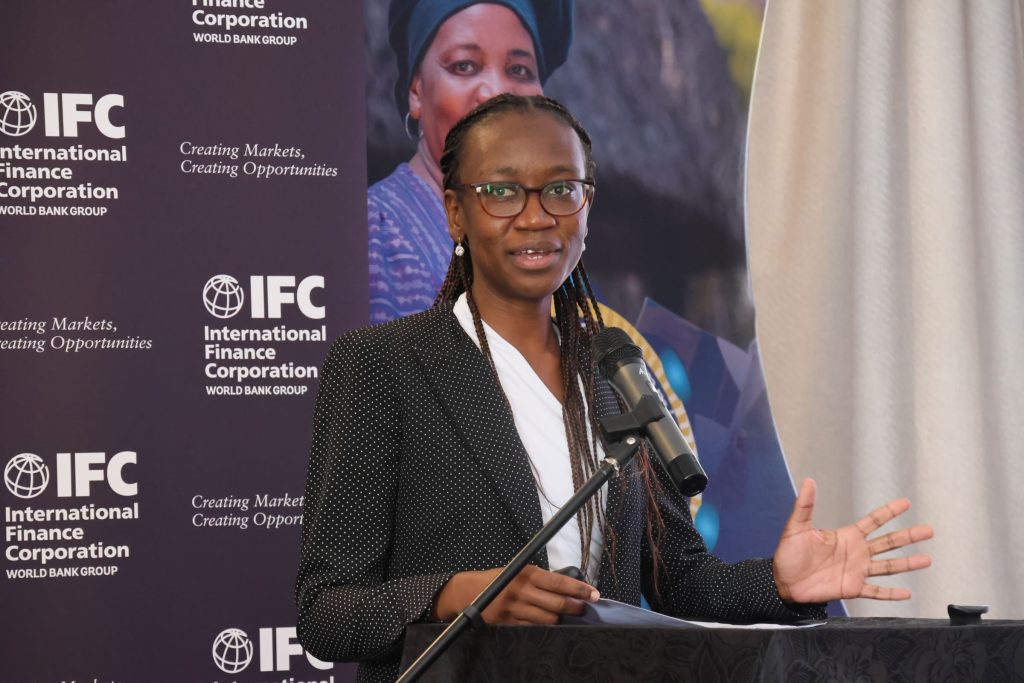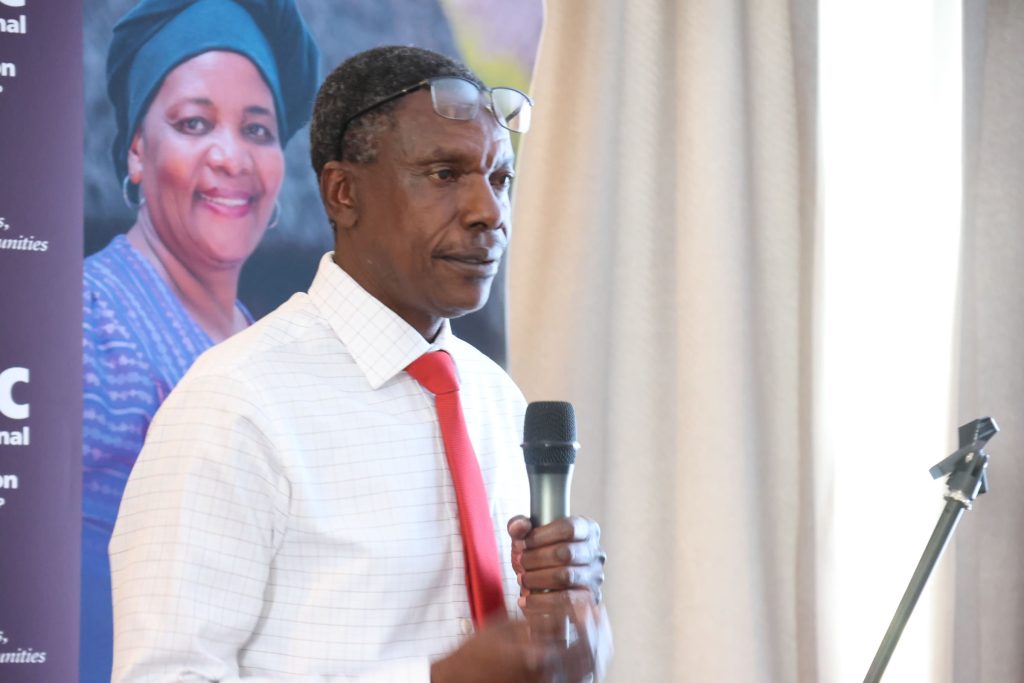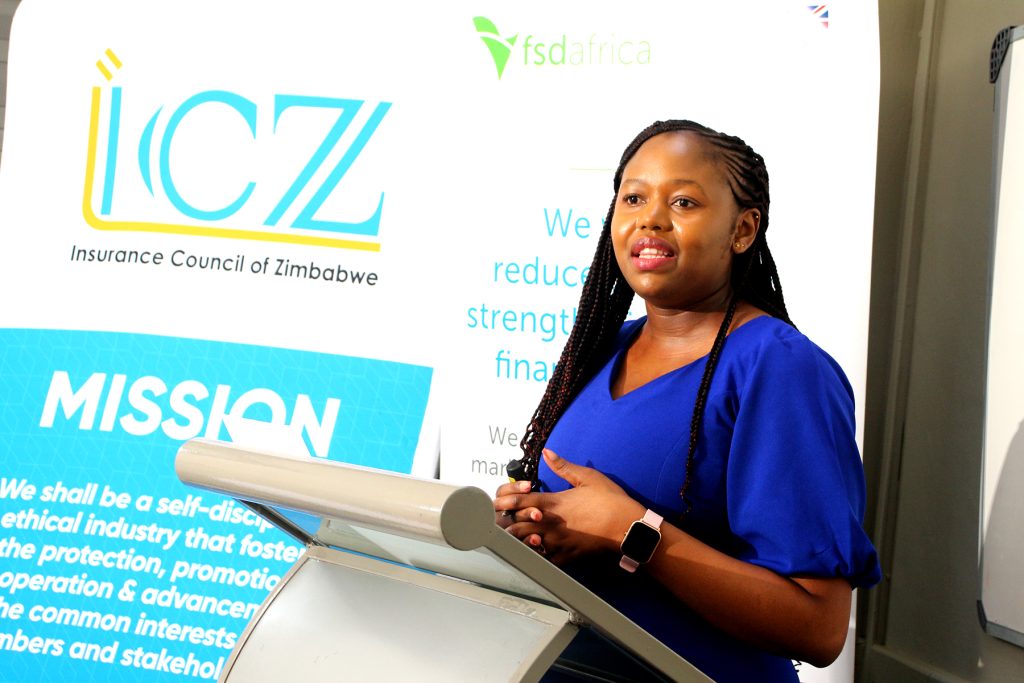IPEC hosts critical meetings on agricultural insurance for smallholder farmers
The International Finance Corporation (IFC) and the Financial Sector Deepening (FSD) Africa representatives were in Zimbabwe early this week for separate meetings with stakeholders to discuss plans to roll out agricultural insurance, targeting smallholder farmers as a way of building their resilience against climate-related risks.
Zimbabwe is prone to frequent drought (El Niño) and excessive rains (La Niña) events, often significantly impacting food security and livelihoods for smallholder farmers.
In response to these climate-related risks, the Insurance and Pensions Commission (IPEC) and IFC – an arm of the World Bank, signed an agreement in 2022, to develop agricultural index-based insurance to protect smallholder farmers from climate-related crop losses in Zimbabwe.
IPEC also subscribed to the Nairobi Declaration on Sustainable Insurance in 2022. The declaration is a commitment by African insurance industry leaders to support the achievement of the United Nations Sustainable Development Goals (SDGs).
On Monday 08 April, the IFC presented findings of its market assessments to stakeholders made up of representatives from the Ministry of Finance, Economic Development and Investment Promotion, IPEC, and the insurance sector. You can access the findings here.
Speaking at the presentation of the market assessment workshop in Harare on Monday, IPEC Commissioner, Dr Grace Muradzikwa said IFC’s market assessment findings would help paint a picture of the obtaining situation.

“Given that the Commission`s mandate includes the development of the insurance and pensions industry, our presence here today demonstrates our commitment to promoting the development of the insurance industry, particularly with a special focus on the financially excluded,” said Dr Muradzikwa.
In his remarks, IFC Country Officer for Zimbabwe, Mr Vasco Nunes said Zimbabwe’s agricultural sector has a lot of potential.
“But it’s highly exposed to climate events even before what we call climate change. This part of the continent is prone to very extreme events of drought and cyclones. This is a timely moment to highlight the need for this kind of tool,” said Mr Nunes.

IFC Financial Institutions Group Advisory/Upstream Manager for East and Southern Africa, Ms Paula Felipe added IFC is committed to improving smallholder farmers’ and SMEs’ access to the markets, tools, and financing they need to thrive.
“The collaboration between IFC and IPEC is one example of how IFC collaborates with various industry stakeholders, including regulators, to develop an enabling environment for climate insurance and finance,” she said.
Meanwhile, speaking at FSD Africa’s meeting with representatives from the Ministry of Finance, Economic Development and Investment Promotion, Ministry of Lands, Agriculture, Fisheries and Rural Development, Ministry of Environment, Climate and Wildlife, and IPEC, FSD Africa Director of Risk and Resilience, Mr Kelvin Massingham said there is need to explore innovative insurance solutions to mitigate the impact of climate change-related risks.
“We want to see how we can get the private insurance industry in Zimbabwe to offer more solutions. We are working together with all these stakeholders to see what we can design to really scale up insurance for agricultural risks in Zimbabwe.”

Speaking at the same event, Environment, Climate, and Wildlife Permanent Secretary, Professor Prosper Matondi said the experience of Cyclone Idai in 2019 demonstrated the impact of climate change.
“The event was so unkind that it killed our people, it destroyed our infrastructure, system, and natural heritage, he said.
“So, these are the matters that relate to the question around, what form of insurance would you provide in that particular context where there is systematic, large scale, and intense damage over a period of time? As we engage in the nitty-grities of the costs, the qualitatives of it, what does it really mean for a person that is impacted by climate change?”

Mr Clemence Taderera Bwenje, Chief Director, Strategic Planning & Business Development in the Ministry of Lands, Agriculture, Fisheries, Water and Rural Development said Government is targeting integrating smallholder farmers into the insurance system.
“Insurance will be treated as an input and making premiums affordable is an urgent intervention required,” he said.
He said the Ministry had piloted the Area Yield Index Insurance during the 2021/22 season in Rushinga and Mwenezi where about 32, 000 maize farmers were enrolled.
He said the total sum insured was US$1, 162, 408 with a premium amount of US$120, 000 and the payout amount was about US$124, 000.

In an earlier meeting with FSD Africa, the insurance industry expressed its interest and readiness to insure smallholder farmers but called on government to subsidise the smallholder farmers’ premiums.
Mr Massingham said FSD Africa will assist Zimbabwe by mobilising supplementary premiums to subside smallholder farmers.








